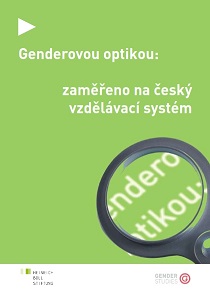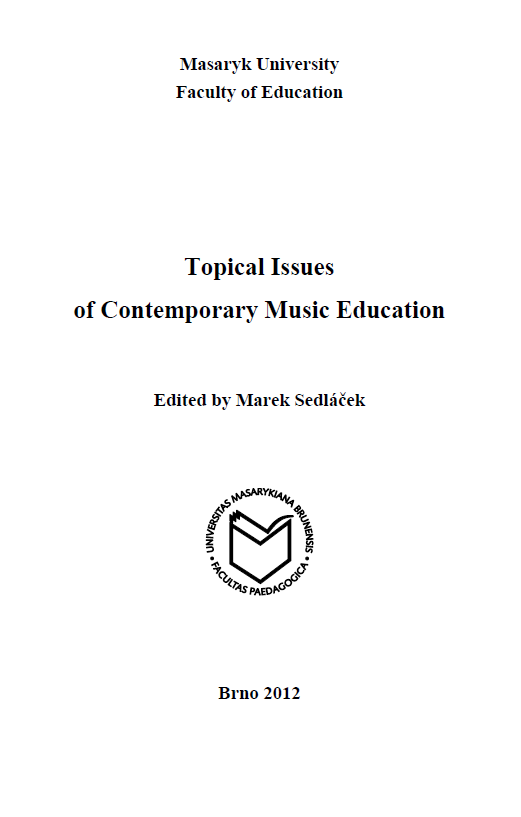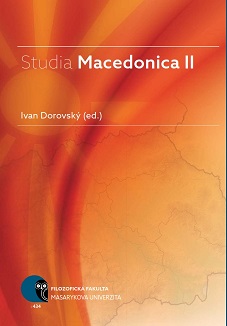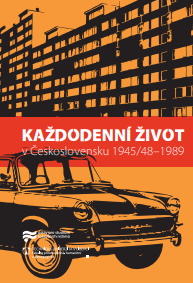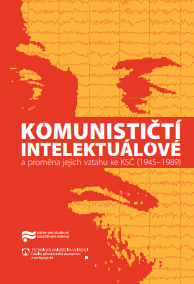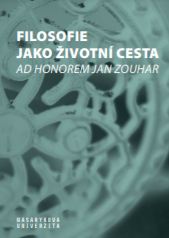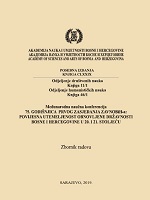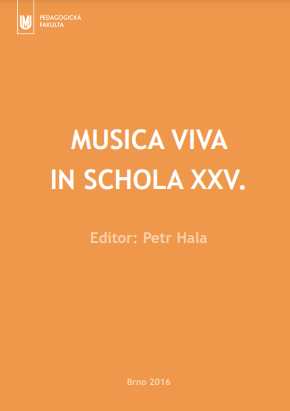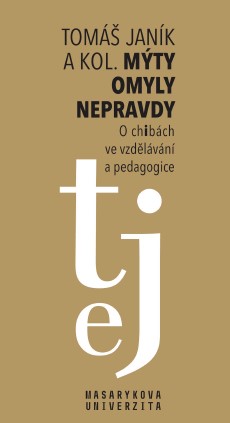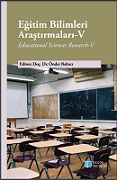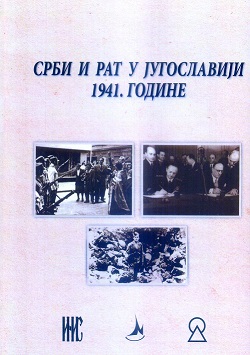
Идеолошка начела просветне политике владе Милана Недића
Educational institutions resumed operating soon after the beginning of the occupation, but they had to adjust their work and curricula to the demands of the occupiers, but also to the endeavors of the collaborationists to establish good relations with German authorities and to promote their own political views. The occupation was to be used for achieving special goals and for social reorganization and reformation. The revision of the system of values and the reform of education proposed by the collaborationists were ideologically based on organic philosophy. Their main demands concerned rejection of foreign influences, anti-communism, absolutization of the State and common goals at the expense of personal freedoms and rights, subjugation of the individual to the interests of the community, renewal of patriarchal values, customs, traditions and nationalism. Focus on the practical side of education was leading toward creation of school that would provide specific and practical knowledge, depriving the students of culture and wide knowledge received from general education. Justified criticism of pre-war education policy carried with it a desire to subject the education to control and adapt it to the ideological needs, in order to generate support of the population and adapt to the needs of occupier.
More...
